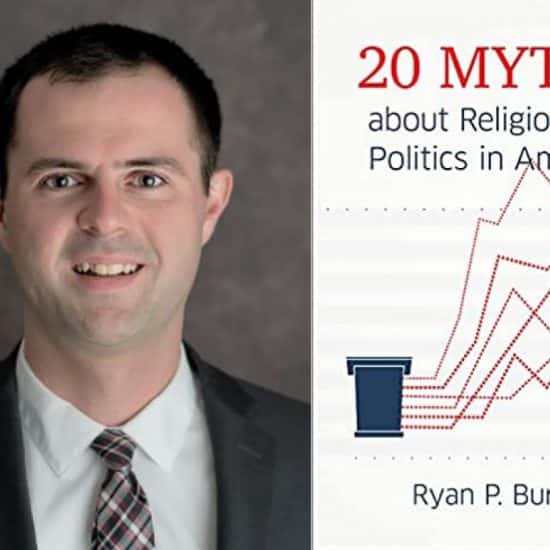

Image by rawpixel from Pixabay
Volunteering or serving others is the most common expression of generosity among practicing U.S. Christians, according to a Barna Group report published June 19.
“Practicing Christians self-identify as Christian, attend church at least once a month, either somewhat or strongly agree that their religious faith is very important in their life today,” the report explained.
A strong majority (88%) of respondents said being generous was “extremely” or “very” important, with 31% saying volunteering or serving others was the most frequent means by which they expressed their generosity.
Providing emotional or relational support was most common for 25% of respondents, followed by monetary support (19%), gifts (17%) and hospitality (7%). The remaining 2% didn’t select any of the five options provided in the survey.
Volunteering / service was most common among Generation Z (born 1999-2015), with 42% saying it was the most frequent way they practiced generosity, while monetary support was most common among Elders (born prior to 1946) with 41% saying it was the most frequent way they practiced generosity.
The high percentage of monetary giving among Elder respondents is explained, in part, by the fact that they are the least likely generation to carry debt, with 36% saying they have no personal debt.
By comparison, only 23% of Boomers (born 1946-1964) and 16% of both Generation X (born 1965-1983) and Millennials (born 1984-1998) have no personal debt, while 40% of Millennials and 34% of Gen X said personal debt was a “significant” or “huge” problem.
Millennials were the most likely group to provide gifts (20%) and hospitality (12%) as the most frequent expression of their generosity.
When asked about providing emotional / relational support, 30% of both Generation Z and Generation X said this is the most common way they are generous.
The margin of error is plus or minus 2.2 percent.
The full report is available here.
This article originally appeared on EthicsDaily.com.






